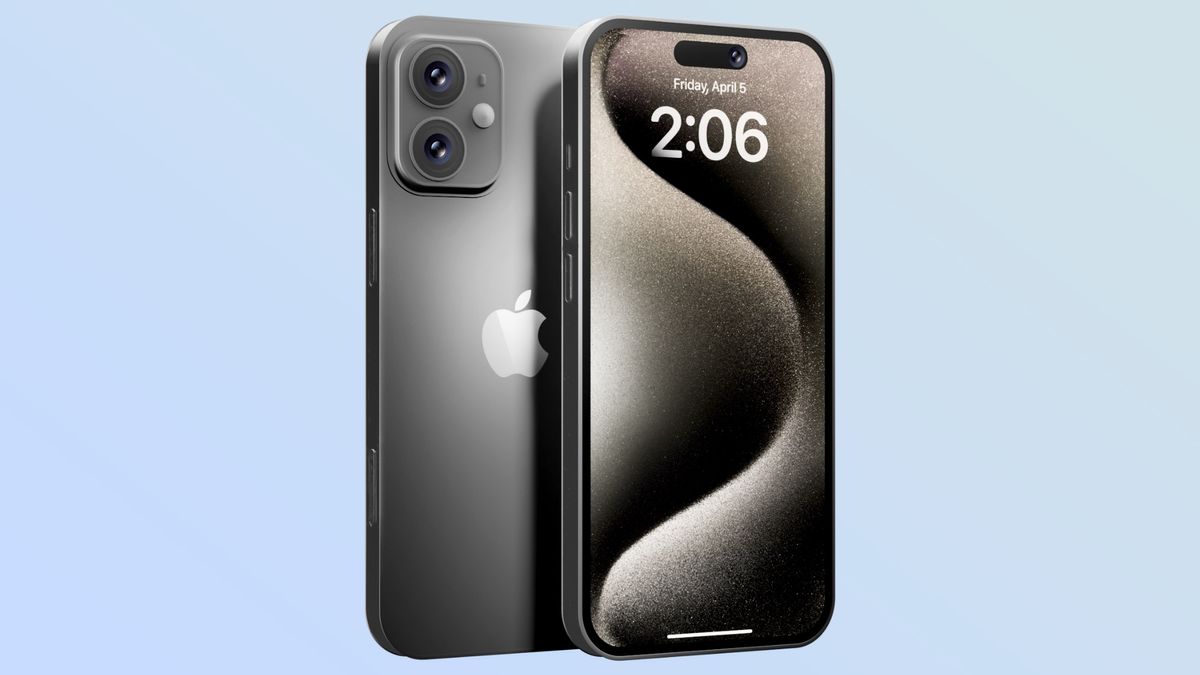This year is set to be the year the iPhone goes hard on AI. Rumors say that not only will the iPhone 16 come with a range of AI-powered features, iOS 18 will also reportedly have a heavy emphasis on AI. And according to a new report, Apple will be powering those AI features with some help from the M2 Ultra chip.
Previous reports claimed that Apple would be emphasizing on-device AI, with the Apple A17 Pro doing all the work itself — and without having to send any information to a cloud server. Unfortunately this latest report from Mark Gurman at Bloomberg paints a very different picture. Meaning some of the incoming AI features will have to be processed by external servers — aided by the M2 Ultra chip.
According to Gurman, Apple is using high-end chips similar to those designed for the Mac into cloud computing servers. These servers will then apparently be able to “process the most advanced AI tasks coming to Apple devices”. The first version of these servers will use the M2 Ultra, which powered the Mac Pro and Mac Studio, while a future version could be powered by the brand new AI-centric M4 chip.
Other features will also be processed directly on iPhone, iPad and Mac devices. Gurman speculates that “simple AI tasks” like summarizing notifications or messages could be done on-device, while more complicated tasks will require the use of the cloud.
He suggests generating images, summarizing long news articles and creating “long-form responses in emails” as examples of where the cloud may be required. Similarly the rumored AI-upgrade for Siri would likely require a connection to the cloud as well.
All the rumors so far claimed that Apple was emphasizing on-device AI for privacy reasons. Because data can’t be intercepted or inappropriately accessed if it stays on your phone or computer. Considering Apple has been touting a privacy-based philosophy for the past several years, a server-based AI system seems antithetical to those ideas.
Sources claim that Apple has been working on a server project with components designed to ensure user privacy, code-named ADC or Apple Chips in Data Centers. While many of the specifics aren’t known, this apparently involved an approach called Secure Enclave that can isolate data in the event of a breach. Apple will also rely on its own data centers at first — though that capacity will reportedly be bolstered by third party facilities at some point in the future.
Gurman claims that this plan has been in the works for around 3 years, with Apple accelerating the timeline after AI started hitting the mainstream. All to better compete with its rivals, including Google Gemini and ChatGPT. How this has changed Apple’s AI plans isn’t clear, though it would explain why it seems to have fallen behind the likes of Google and Microsoft in the AI space.
We won’t know for sure what’s going on until Apple actually announces its AI plans to the public. It’s likely that we’ll hear the first of these details at WWDC 2024 next month, though other information may not be announced until the iPhone 16 launch later this year. In the meantime, be sure to check out our iPhone 16 and iOS 18 hubs for all the latest news and updates about Apple’s plans for the rest of the year — AI included.










